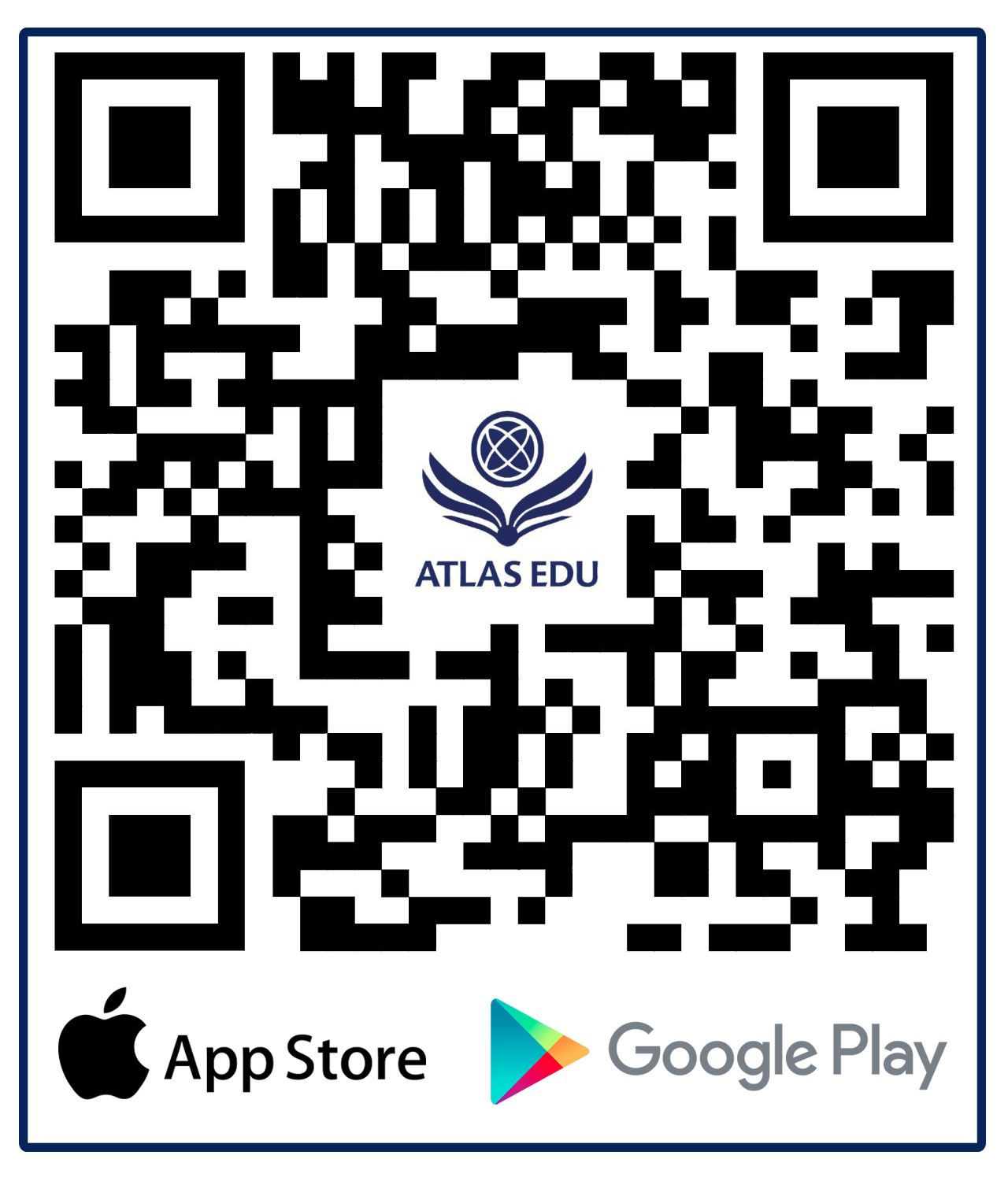Netherlands
Studying in the Netherlands is an attractive option for international students due to its high-quality education system, English-taught programs, and a multicultural environment.
Here's a comprehensive overview of what you need to know about studying in the Netherlands:
- Higher Education System: The Netherlands boasts a well-regarded higher education system with research universities and universities of applied sciences (Hogescholen). The country is known for its innovative and internationally-oriented programs.
- Programs and Degrees: Dutch institutions offer a wide range of academic programs at the bachelor's (bachelor), master's (master), and doctoral (Ph.D.) levels. You can study various fields, including the sciences, humanities, engineering, business, and social sciences.
- Language of Instruction: While Dutch is the official language, many universities offer programs in English to cater to international students. This makes the Netherlands an accessible destination for non-Dutch speakers.
- Admission Requirements: Admission requirements vary by institution and program. Generally, you will need to submit an application, provide academic transcripts, letters of recommendation, and possibly take an entrance exam or submit standardized test scores. Language proficiency in English is often required.
- Application Process: You can apply directly to Dutch institutions or use centralized application systems like Studielink or university-specific portals. Be sure to check deadlines and requirements for each institution and program.
- Tuition Fees: Tuition fees in the Netherlands vary by institution, program, and nationality. EU/EEA citizens typically pay lower tuition fees, while non-EU/EEA international students pay higher fees. Scholarships and financial aid options are available.
- Cost of Living: The cost of living in the Netherlands is moderate compared to many Western European countries. Students can find affordable accommodation, meals, and transportation options. Student discounts are common.
- Student Visa and Residence Permit: Non-EU/EEA international students typically need a student visa and residence permit to study in the Netherlands. The specific requirements and application process can vary by nationality, so it's essential to check with the Dutch embassy or consulate in your home country.
- Work Opportunities: International students in the Netherlands can work part-time during their studies (typically up to 20 hours per week) and full-time during semester breaks. There are also opportunities for internships and practical training.
- Quality of Education: The Netherlands is known for its high-quality education system and internationally recognized universities. Many institutions are ranked among the top in global university rankings.
- Research Opportunities: The Netherlands has a strong focus on research and innovation, with numerous research institutions and opportunities for students to engage in research projects.
- Cultural Experience: The country offers a multicultural experience with a welcoming atmosphere for international students. Dutch cities like Amsterdam, Rotterdam, and Utrecht have vibrant cultural scenes and diverse communities.
- Post-Study Options: After graduation, the Netherlands offers opportunities for international graduates to stay and work in the country through the Orientation Year for Highly Educated Persons (Zoekjaar). The job market is strong, especially in technology, engineering, and science fields.
- Healthcare: International students in the Netherlands are typically required to have health insurance. The country has a robust healthcare system, and students can access medical services easily.

